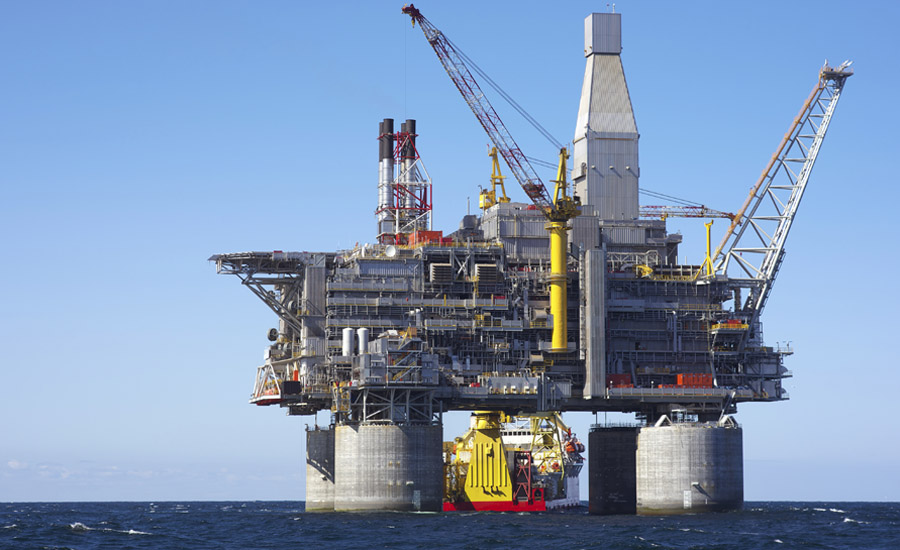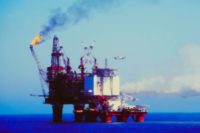Oil industry group updates EHS standard for offshore ops

The American Petroleum Institute (API) has published a significantly updated version of a safety standard aimed at enhancing the oil and natural gas industry’s commitment to worker safety, incident prevention, and environmental protection in offshore operations.
API Recommended Practice 75 (RP 75) provides guidance for establishing, implementing, maintaining, and continually improving a safety and environmental management system (SEMS) for offshore operations. API RP 75 is a performance-based document that provides a systematic methodology for companies to identify and manage operational risks, enhance the safety of workers, and protect the environment.
“Producing oil and gas safely while protecting our environment is a top priority for API and its members,” said Debra Phillips, senior vice president of API’s Global Industry Services. “API continuously updates its standards to reflect new technologies, techniques, and in-field learning. This latest edition of RP 75 reflects state-of-the-art systems to drive safety and environmental protection in offshore operations.”
What's changed
The new edition makes several changes that expand the safety and environmental management system by:
- Extending the standard for use globally, beyond its previous focus on domestic operations in the U.S. Outer Continental Shelf;
- Providing guidance on how companies should interface with each other to ensure operational risks are managed, and safety and environmental protection are maintained;
- Expanding the types of operations that fall under SEMS risk management expectations, providing greater consideration of human performance;
- Structuring the standard to encourage utilization by contractors and sub-contractors; and,
- Including advancements in technology, operations and overall knowledge.
API RP 75 was issued 25 years ago and helped lay the foundation for the Center for Offshore Safety (COS), which was established to promote safety for the U.S. offshore oil and natural gas industry. COS works with the offshore industry on the implementation of both RP 75 and the Bureau of Safety and Environmental Enforcement’s (BSEE) SEMS requirements – which are mandatory, along with third party audits every three years, for all operators in the U.S. Outer Continental Shelf.
For additional information, or to purchase the standard, please visit here.
Learning opportunities
API will be hosting a training webinar on Thursday, February 27, 2020 on the 4th edition of RP 75. For details about the RP 75 webinar, or to register, please visit www.apilearning.org or email Training@api.org.
As part of API’s outreach on this key standard, a special session on RP 75 is planned for the 2020 Offshore Technology Conference on Thursday, May 7th in Houston, Texas. For more information, visit: www.2020.otcnet.org.
API standards are developed under API’s American National Standards Institute accredited process, ensuring that the API standards are recognized not only for their technical rigor, but also their third-party accreditation which facilitates acceptance by state, federal, and increasingly international regulators. API’s Global Industry Services (GIS) division is responsible for standards setting, certification, training, events, publications, and safety programs for industry operations.
API is the only national trade association representing all facets of the natural gas and oil industry, which supports 10.3 million U.S. jobs and nearly 8 percent of the U.S. economy. API’s more than 600 members include large integrated companies, as well as pipeline, exploration and production, refining, marketing, marine businesses, and service and supply firms. They provide most of the nation’s energy and are backed by a growing grassroots movement of more than 47 million Americans. API was formed in 1919 as a standards-setting organization. In its first 100 years, API has developed more than 700 standards to enhance operational and environmental safety, efficiency and sustainability.
Looking for a reprint of this article?
From high-res PDFs to custom plaques, order your copy today!







